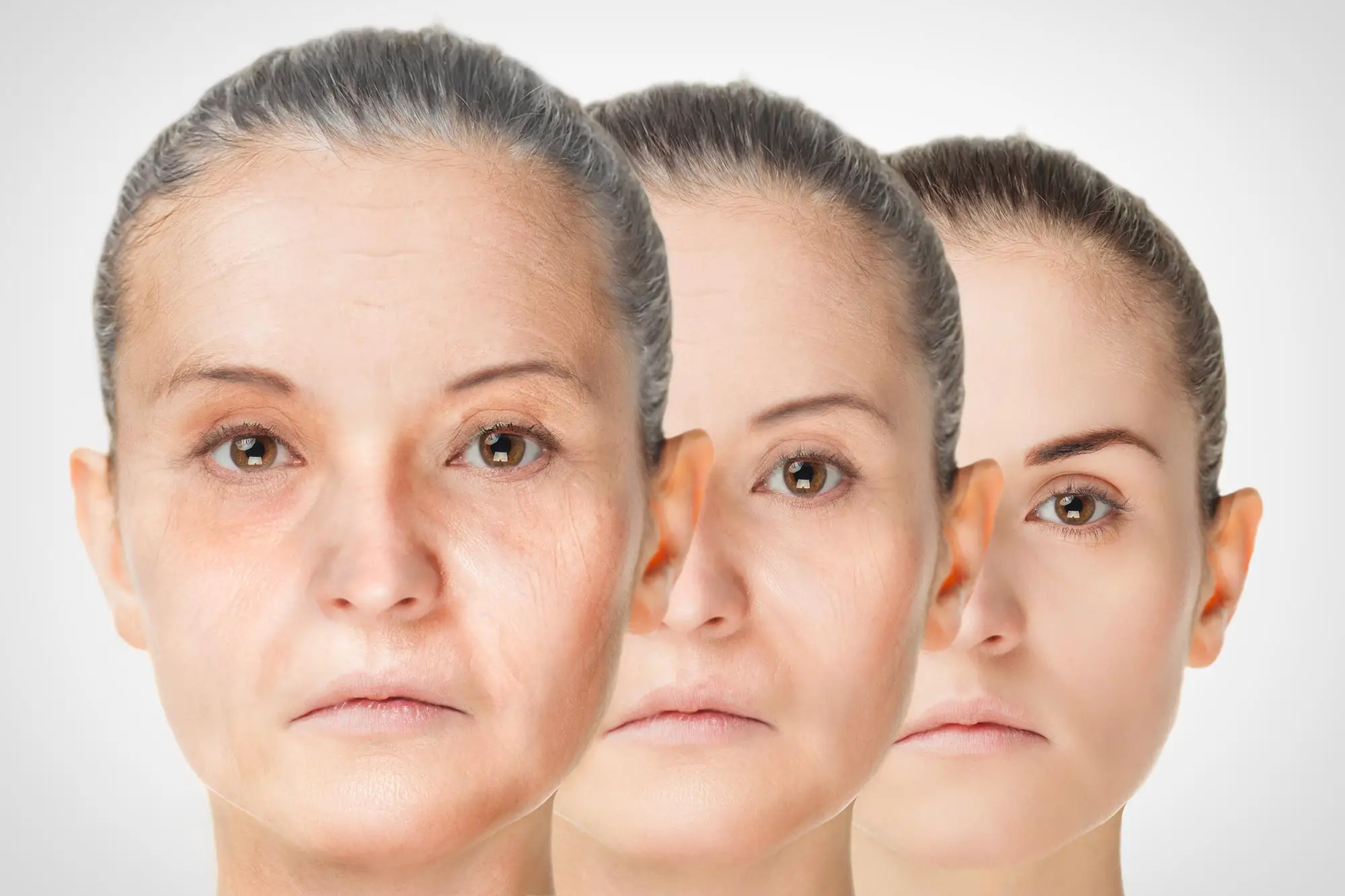Summary of The Diet Strategy Proven To Slow Aging in Healthy Adults:
A two-year randomized trial called CALERIE shows that caloric restriction can slow the pace of biological aging in healthy adults. The study involved 220 healthy men and women randomly assigned to a regular or 25% calorie-restricted diet. Blood samples were collected before the intervention and after 12 and 24 months of follow-up to measure DNA methylation marks. The pace of aging was measured using a “speedometer” algorithm called DunedinPACE, and the intervention was found to have slowed the pace of aging by 2-3%. The results suggest slowing human aging may be possible through interventions like intermittent fasting or time-restricted eating.
*****
Caloric Restriction Shown to Slow Aging in Groundbreaking Study
Aging is an inevitable process, but could it be slowed down? Recent research suggests that it may be possible through dietary interventions, specifically caloric restriction. A randomized controlled trial, known as the Comprehensive Assessment of Long-Term Effects of Reducing Intake of Energy (CALERIE™) trial, has found evidence that caloric restriction can slow the pace of aging in healthy, non-obese adults.
CALERIE™ Trial Finds 2-3% Slowing in Aging Pace
The CALERIE™ trial is the first-ever investigation of the long-term effects of calorie restriction in healthy adults. The trial randomly assigned 220 men and women to a 25% calorie-restricted or regular diet for two years. The researchers measured biological aging by analyzing participants’ blood DNA methylation using the algorithm DunedinPACE. The results showed a 2-3% slowing in the pace of aging, a similar effect to that of a smoking cessation intervention in other studies.
Caloric Restriction Slows Aging Process in Humans
Caloric restriction has been shown to slow aging in animals, but until now, its effects on humans have been less clear. The CALERIE™ trial’s findings suggest that caloric restriction may have similar products on humans’ aging process, providing evidence that slowing human aging may be possible through interventions like intermittent fasting or time-restricted eating.
DunedinPACE Algorithm is Key to Measuring Biological Aging
To measure biological aging in CALERIE Trial participants, the researchers analyzed blood samples collected at the pre-intervention baseline and after 12- and 24-months of follow-up. They used the algorithm DunedinPACE, which estimates the pace of aging or the rate of biological deterioration over time. The DunedinPACE algorithm measures the speed of aging experienced during a single calendar year, giving researchers a dynamic measure that may be more sensitive to intervention effects than static biological age measurements.
Follow-Up Study Will Determine Long-Term Effects
A follow-up of trial participants is now ongoing to determine if the intervention had long-term effects on healthy aging. The researchers hope to determine if the short-term effects observed during the trial translated into a longer-term reduction in aging-related chronic diseases or their risk factors. In other studies, slower DunedinPACE has been associated with reduced risk for heart disease, stroke, disability, and dementia.
Caloric Restriction Not for Everyone, But Findings Provide Hope
While caloric restriction may not be for everyone, the CALERIE™ trial’s findings prove that slowing human aging may be possible through interventions like intermittent fasting or time-restricted eating. The researchers hope these findings will inspire further research into dietary interventions for healthy aging.
Conclusion
In summary, the CALERIE™ trial has shown that caloric restriction can slow the pace of biological aging in healthy, non-obese adults. The DunedinPACE algorithm was crucial for measuring the rate of aging, providing a dynamic measure that may be more sensitive to the effects of intervention than static biological age measurements. While caloric restriction may not be for everyone, the findings provide hope that slowing human aging may be possible through dietary interventions like intermittent fasting or time-restricted eating. The ongoing follow-up study will determine if the short-term effects observed during the trial translated into a longer-term reduction in aging-related chronic diseases or their risk factors.


Comments are closed